The Evolution of Chicago Hip-Hop Artists
Chicago, a city synonymous with vibrant culture, rich history, and diverse music scenes, has produced some of the most influential hip-hop artists in history. From the eclectic streets of the South Side to the bustling downtown, the sound of Chicago hip-hop reverberates with the unique experiences of its artists. This article delves into the evolution of Chicago hip-hop artists, exploring their roots, notable figures, and the cultural significance that shapes their music today.
The Roots of Chicago Hip-Hop
The origins of Chicago hip-hop can be traced back to the late 1970s and early 1980s, when DJs and MCs began experimenting with beats and rhymes in the city’s vibrant neighborhoods. Influenced by the genres of funk and disco, early Chicago artists laid the groundwork for hip-hop, using creative sampling and live performances. In a culturally rich city where jazz, blues, and house music thrived, the emergence of hip-hop was inevitable. Local venues became stages where budding artists like Twista and Common showcased their skills.
Key Pioneers and Their Impact
Key artists in the early Chicago hip-hop scene helped define its unique identity. Common, often heralded as one of the greatest Chicago MCs, pioneered a style that fused poignant lyrics with jazz-infused beats. His lyrical focus on social issues and personal experiences set a precedent for the introspective nature of Chicago hip-hop.
Kanye West, emerging in the late 1990s, revolutionized the genre with his innovative production techniques. His album “The College Dropout” not only showcased his production prowess but also presented vulnerability and introspection rarely heard in hip-hop at the time. This shift towards personal narrative paved the way for artists to express their struggles and triumphs, solidifying Chicago’s position as a leading force in hip-hop.
The Transition to Modern Sounds
The 2000s marked a significant transition in Chicago’s hip-hop scene. The rise of the drill music subgenre, characterized by its dark beats and violent lyrics, emerged from neighborhoods struggling with crime and poverty, particularly on the South Side. Chief Keef is often considered the poster child of this movement, with hits like “I Don’t Like” bringing national attention to Chicago’s gritty realities. However, this new direction was met with both acclaim and criticism, leading to discussions about the portrayal of urban life in music.
As the decade progressed, artists like Chance the Rapper and Vic Mensa began to redefine the narrative, exploring themes of hope, community, and resilience in their work. With the introduction of platforms like SoundCloud, Chicago artists gained unprecedented access to a global audience, marking a new era in the evolution of local hip-hop.
Notable Chicago Hip-Hop Artists Today
Leading Figures in the Current Scene
Chicago’s current hip-hop scene is a melting pot of styles and influences. Leading figures such as Chance the Rapper, known for his unique blend of gospel influences and rap, have made significant strides both locally and globally. His album “Coloring Book” was a groundbreaking work that celebrated faith and community, ultimately winning a Grammy for Best Rap Album.
Other notable artists include Polo G, who has risen to fame with his storytelling abilities, showcasing the struggles of growing up in Chicago. Songs like “Pop Out” and “Heartless” illustrate the depth of his lyrical content and the emotion that resonates with listeners across the globe.
Emerging Talents to Watch
Chicago continues to be a breeding ground for new talent. Emerging artists like G Herbo, Juice WRLD, and Noname represent a diverse array of voices in the genre. G Herbo’s raw lyrics detail his experiences of gang violence and survival, offering a relatable perspective for many listeners. Juice WRLD, who tragically passed away in 2019, became known for his heartfelt melodies and emotive storytelling, connecting deeply with his fanbase.
Noname stands out not only for her distinctive flow but also for her commitment to social justice issues. Each of these artists highlights the dynamic nature of Chicago hip-hop, pushing boundaries and addressing contemporary themes that resonate with audiences worldwide.
Genres Represented in Chicago Hip-Hop
Chicago hip-hop is characterized by its rich variety, blending genres and styles from across the musical spectrum. In addition to drill and melodic rap, artists incorporate elements of jazz, soul, gospel, and even rock into their music. This cross-genre experimentation is one of the hallmarks of Chicago’s sound, setting it apart from other hip-hop scenes.
Many contemporary artists are embracing more diverse influences, with some even collaborating with musicians from other genres. This eclectic mix not only broadens the appeal of Chicago hip-hop but also showcases the cultural and musical tapestry that the city embodies.
Cultural Significance of Chicago Hip-Hop
Chicago as a Cultural Hub
Chicago serves as a cultural hub that uniquely shapes its hip-hop scene. The city’s rich history, from the Great Migration to the establishment of vibrant neighborhoods, has influenced the music that arises from its streets. Hip-hop artists often reflect the socio-political and economic challenges faced by the community and provide insight into the realities of urban life through their art.
The cultural significance of Chicago hip-hop extends beyond music; it encompasses fashion, dance, and visual art, intertwining with the city’s broader cultural identity. As artists gain recognition, they spotlight the diverse narratives within Chicago, celebrating the cultural richness that makes the city unique.
The Role of Community in Music
The sense of community among Chicago hip-hop artists is a defining characteristic of the scene. Collaborations among artists, producers, and local venues foster a sense of solidarity and creativity that contributes to the vitality of the genre. This community-focused approach encourages artists to support one another, share resources, and uplift each other’s work.
Local initiatives, such as open mics and community shows, further strengthen these bonds, providing emerging talent with opportunities to showcase their skills and gain exposure. The nurturing environment helps ensure that Chicago hip-hop remains dynamic and ever-evolving.
Hip-Hop’s Influence on Local Identity
Hip-hop serves as an essential medium for expressing local identity in Chicago. Artists record their experiences, struggles, and triumphs, illustrating life in the city through their lyrics. This representation creates a powerful connection with listeners, both locally and globally, who may share similar experiences.
Moreover, the stories told through Chicago hip-hop help combat stereotypes and misconceptions often associated with the city. By humanizing the struggles faced by individuals in the community, artists foster understanding and empathy, using their music to transcend geographical and cultural boundaries.
Challenges Facing Chicago Hip-Hop Artists
Overcoming Stereotypes and Misconceptions
Despite the thriving nature of Chicago hip-hop, artists often confront challenges regarding stereotypes that depict their city only through a lens of violence and turmoil. This narrow view overlooks the creativity, depth, and resilience within the music scene. Artists work tirelessly to counter these narratives by sharing authentic stories that connect to a broader audience.
Many Chicago artists remain committed to using their platforms to address social issues and advocate for positive change in their communities. By doing so, they strive to reshape perceptions of Chicago while emphasizing the cultural wealth that exists beyond the headlines.
The Struggle for Recognition and Resources
Securing recognition and resources remains a significant challenge for Chicago hip-hop artists. Many talented individuals face barriers to entry in an often exclusive music industry, which can make it difficult for them to gain traction and visibility. Despite the growing popularity of some Chicago artists, support systems, funding, and access to distribution channels are often limited.
Local organizations and initiatives aimed at supporting artists provide critical resources, but they can be inconsistently available. Artists often seek to take matters into their own hands by leveraging social media and digital platforms to promote their work and reach audiences effectively.
Navigating the Music Industry Landscape
The music industry landscape can be complex and daunting for many Chicago artists. Navigating contracts, distribution rights, and promotional strategies poses challenges, especially for those who are just starting out in their careers. Artists need to be knowledgeable not only about their craft but also about the business side of the industry to thrive.
Developing partnerships with industry professionals, attending workshops, and engaging with mentors can provide valuable guidance. Many Chicago artists also benefit from collaborating with one another, sharing tips, and pooling their expertise to navigate this challenging landscape together.
The Future of Chicago Hip-Hop
Trends Shaping the Next Generation
As the landscape of hip-hop continues to evolve, several trends are shaping the future of Chicago artists. The rise of digital platforms has democratized music production and distribution, allowing more artists to create and share their work without traditional barriers. This shift enables a wider range of voices to emerge, enriching the local scene.
Additionally, there is a growing emphasis on mental health and self-expression within the Chicago hip-hop community. Artists are increasingly utilizing their music as a therapeutic outlet, addressing personal struggles and promoting awareness around mental health issues. This openness fosters a sense of solidarity among listeners, further connecting communities.
Collaborations and Cross-Genre Innovations
The future of Chicago hip-hop also lies in collaborations and cross-genre innovations. As artists from various backgrounds come together, we can expect to see new, bold sounds emerge. Collaborations between hip-hop, R&B, jazz, and electronic music artists exemplify this trend, resulting in creative intersections that challenge traditional genre boundaries.
These partnerships not only enrich the musical landscape but also create opportunities for wider exposure as artists tap into different fan bases and industries. Embracing diversity in collaboration will continue to drive the evolution of Chicago hip-hop.
The Global Influence of Chicago Sounds
As Chicago hip-hop continues to gain prominence, its influence transcends borders. Artists like Chance the Rapper and Juice WRLD have garnered international acclaim, introducing listeners around the world to the unique sound and storytelling of Chicago. Their success serves as an inspiration for budding artists, showcasing the potential for homegrown talent to make a global impact.
Furthermore, Chicago’s distinctive style is beginning to infiltrate other music scenes, shaping the direction of hip-hop on a larger scale. The city’s artists are not only reflecting their own experiences but also contributing to a universal dialogue about life, culture, and identity.
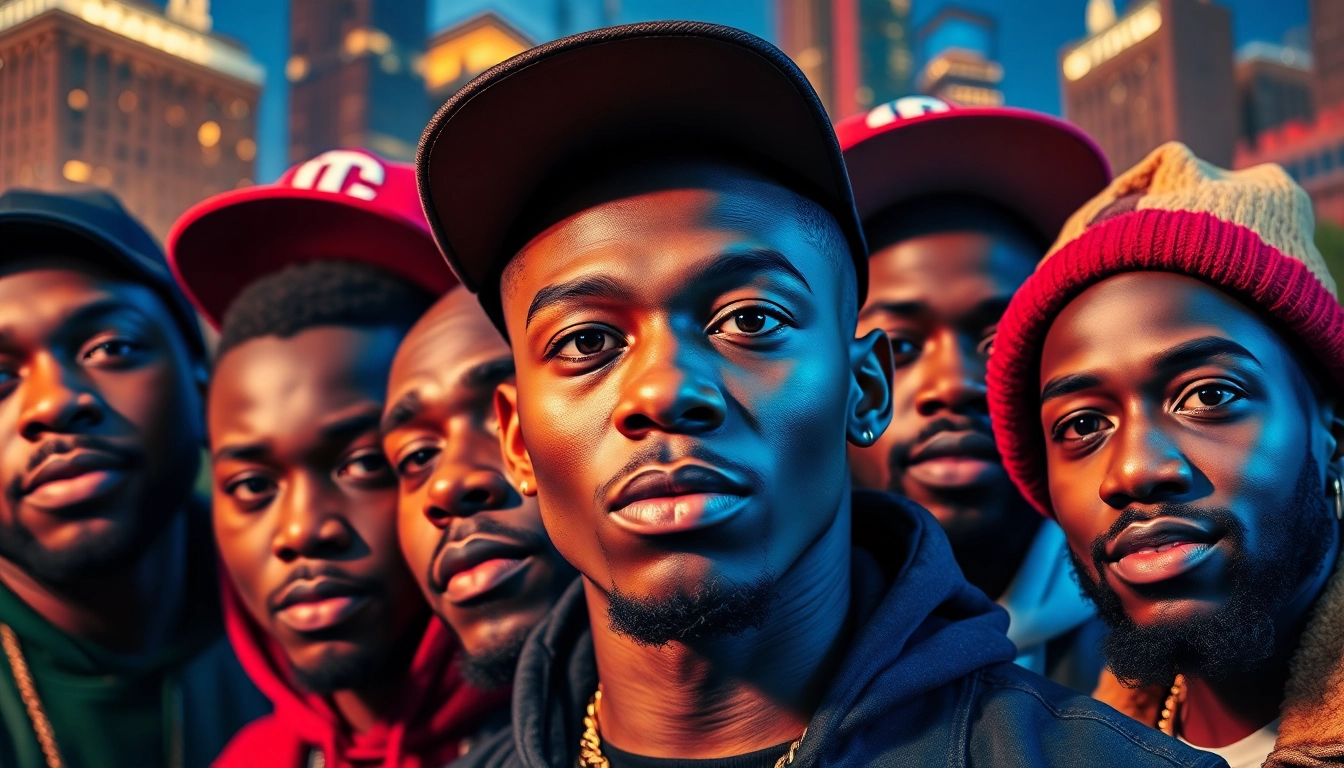

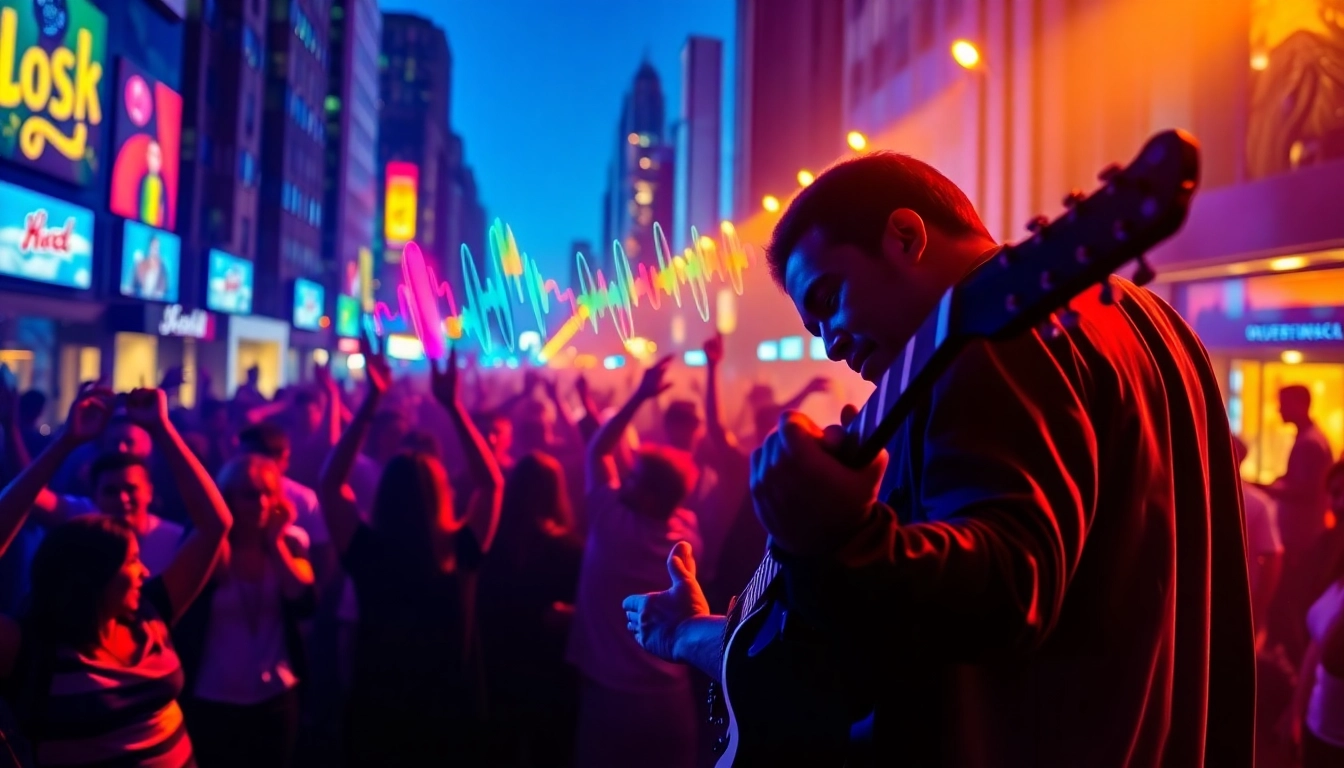
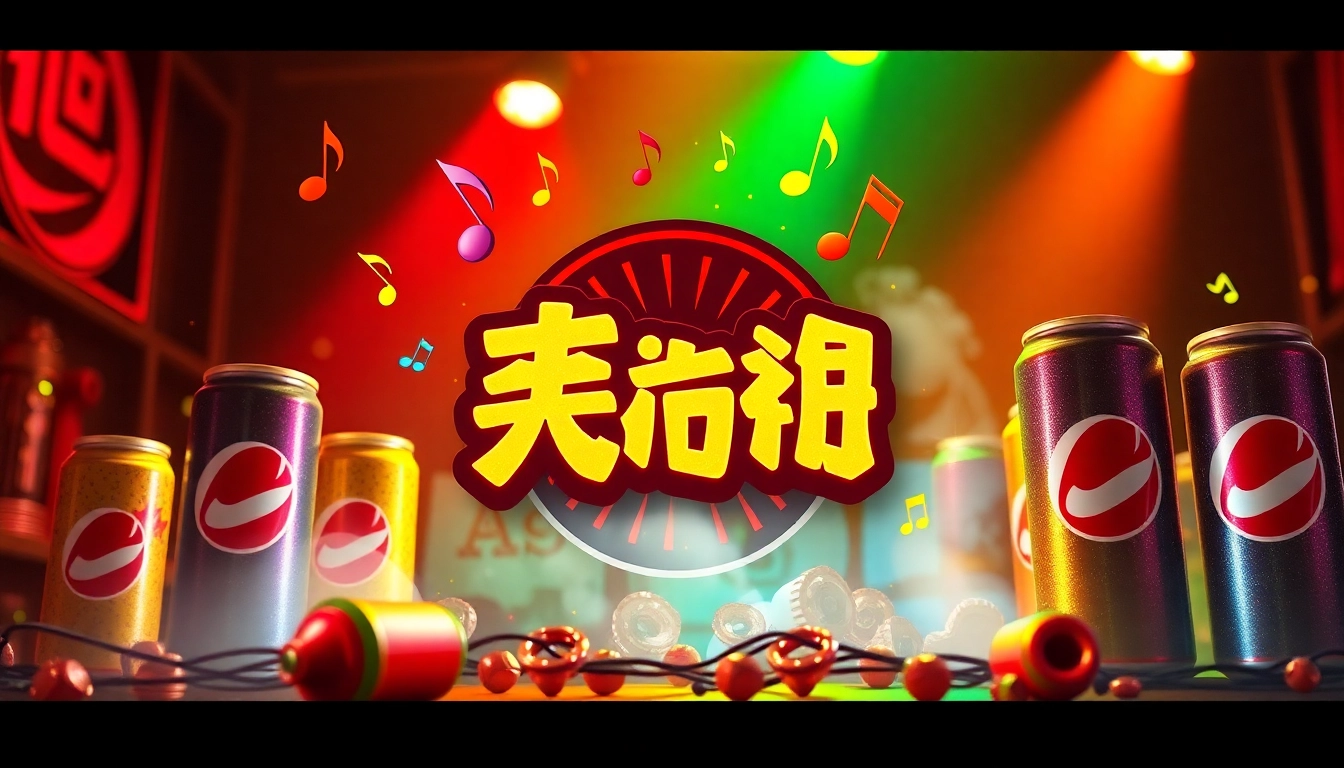


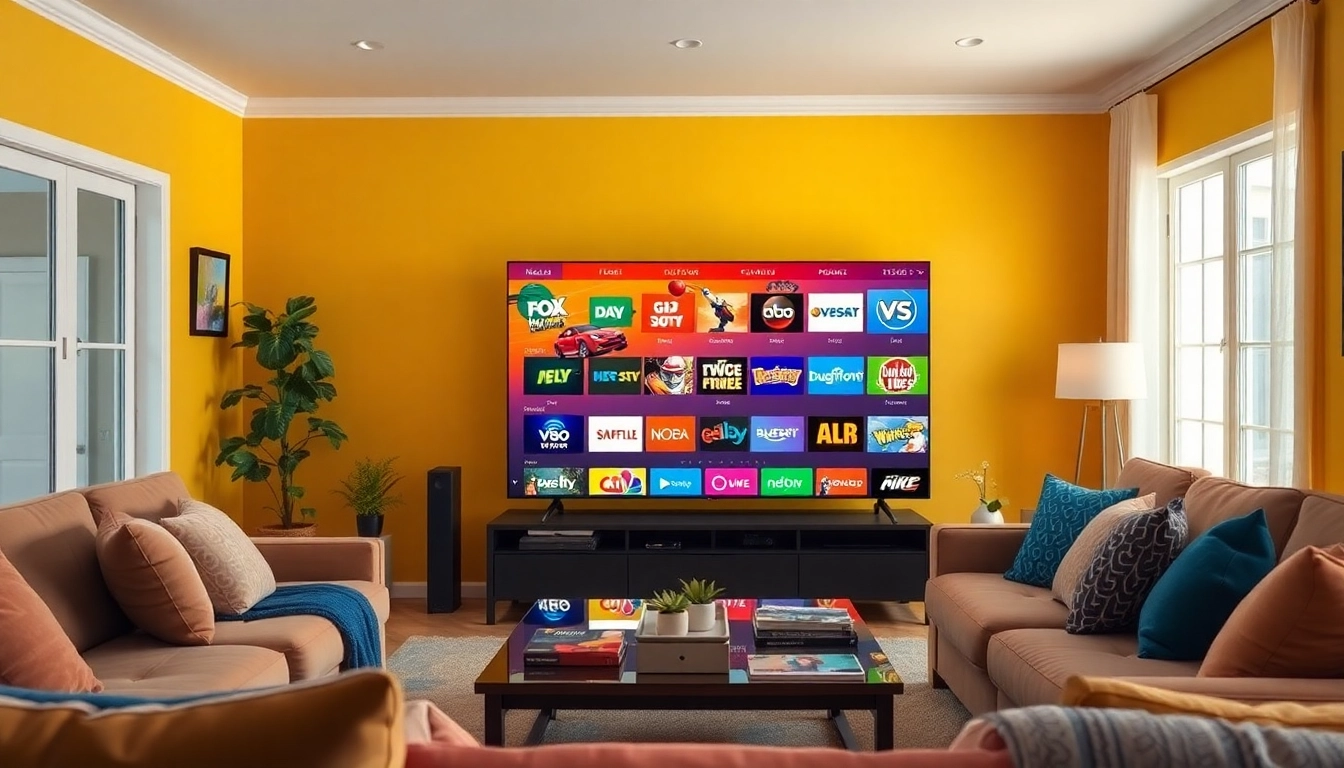


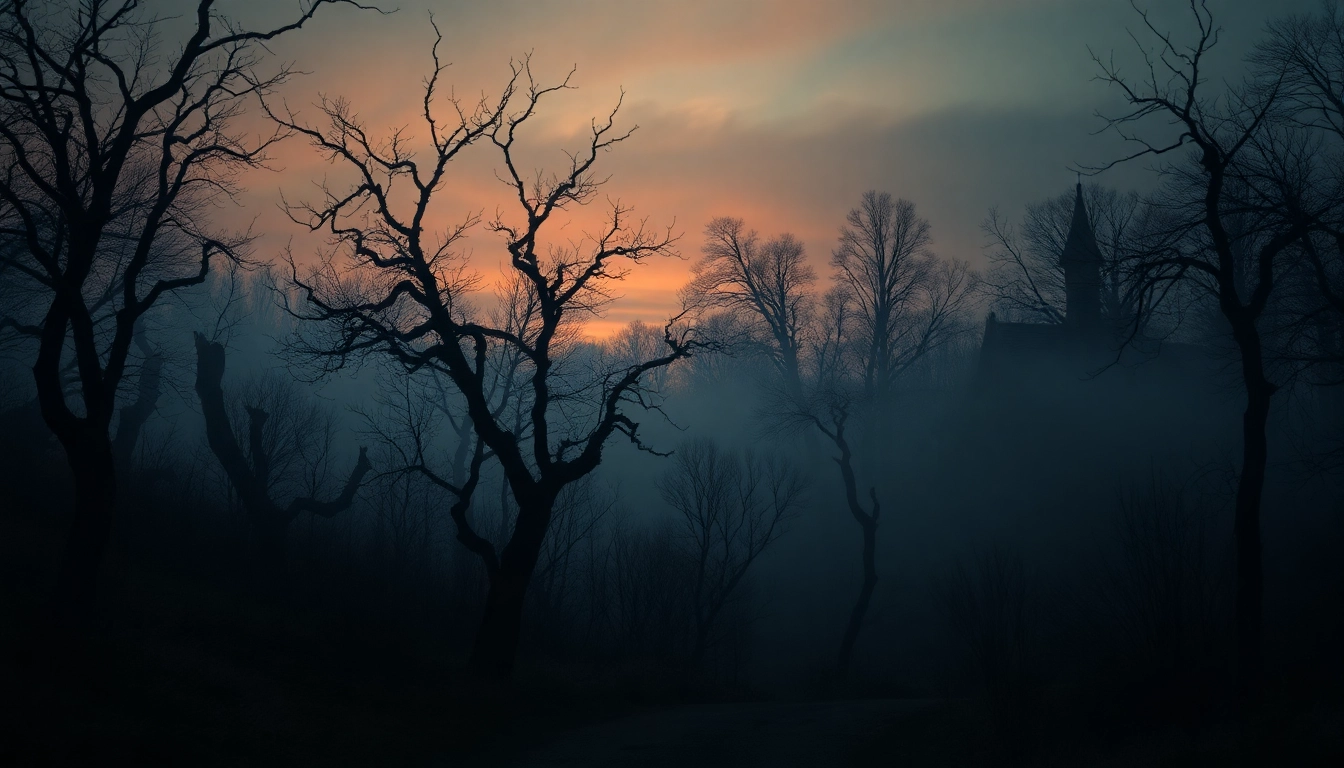
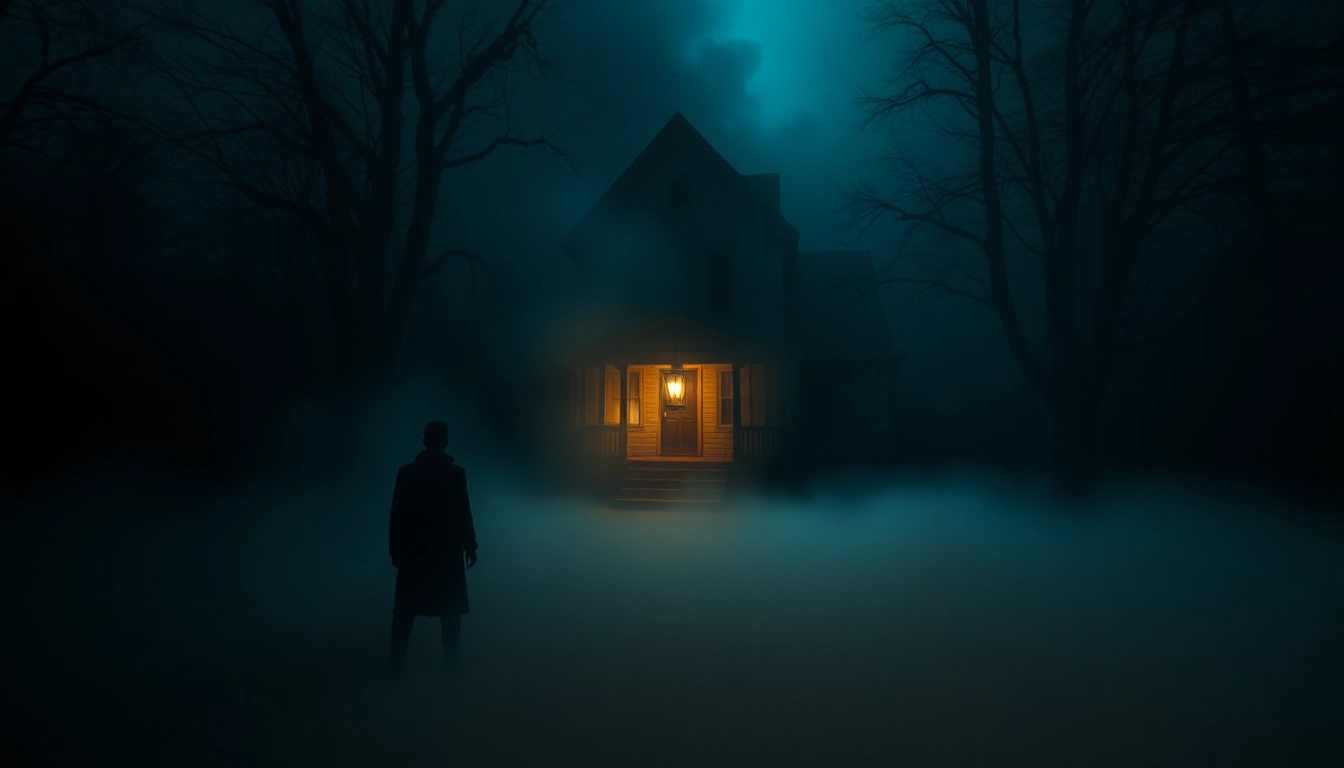




Leave a Reply